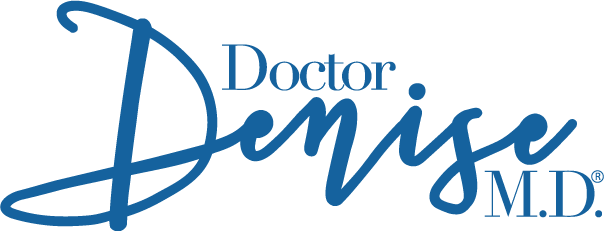Pediatric Addiction
Are you ready for the latest on pediatric addiction? I was fortunate to attend the American Physician Institute 6th Annual MasterPsych conference in Laguna, California. I was struck by the passion, enthusiasm and compelling data presented at a lecture on Substance Use Disorders in Children and Adolescents by Dr. Ximena Sanchez-Sampler, a Harvard addiction psychiatrist. She shared with us that someone she loved experienced a fatality that was substance use related. The room was silent, you could sense the compassion we all felt for her. With strong conviction she reminded us that, “Adolescents are not little Adults!” All adolescents, regardless of demographic, racial or ethnic factors, are at risk for substance use and associated problems.
Dr. Sanchez-Sampler discussed that until recently, brain development was thought to be complete by age 10. “Through brain imaging technology (fMRI) we have learned that maturation process of the human brain is not complete until age 24 or 25.”
Why is this important?
Adolescence is a time of critical brain development, especially in the parts of the brain needed for complex tasks, organization, planning and judgment.
Remember a teen brain and an adult brain respond differently to a few drinks. “Dr. McDermott, I am less shy and I am more fun when I have a few drinks at a kick-back.” Teens let loose, are socially disinhibited and this makes the experience rewarding enough to repeat. Adults usually just get tired and fall asleep!
Did you know that 47% of children who have their first drink before age 13 are at risk of an alcohol disorder in contrast to 9% who have their first drink after 21? (Arch Pediatr Adolesc Med. 2006;160:739-746)
Did you know that 17% of children who first use marijuana before age 13 are at risk of a marijuana disorder in contrast to 4% who have their first use after 21?(Substance Abuse and Mental Health Service Administration (2010))
Fact: Addiction is a pediatric disease. Early intervention, education and prevention are essential to change the statistics above.
Can research-based programs prevent drug addiction in youth? Yes! To access the data and the recommendations go to drugabuse.gov and type in NIDA’s Preventing Drug Use Among Children and Adolescents: A Research Based Guide for Parents, Educators and Community Leaders.
I find that kids do better when a discussion about substance use comes up organically. The headlines, sitcoms, movies, and advertisements give all of us plenty of opportunity to offer teaching points. It is always better to ask open-ended questions such as “What do you think about that?” Quality time with your child or teen leads to open communication. It is important to spend time doing fun activities with each other which will foster respectful relationships with one another.
Another Tip: Substance Abuse often travels with undiagnosed mental health issues.
Ready for a thrive story? I am! John’s (pseudonym) first use of marijuana at age 12 was followed by abuse of multiple substances. He was caught dealing drugs, expelled, and sent away to residential treatment. Today he is re-enrolled in school, is at home with his parents and is being treated for his Generalized Anxiety disorder, ADHD, and his Substance Dependence. I find that keeping it real and direct with the teens in my practice is appreciated. Recently, I pointed out to him how happy I was that he was alive. He looked at me stunned when I said this and then smiled and said: “I could have been dead at least 30 times!” We discussed in therapy how his “savvy skills” and need for what I call “healthy adrenaline rushes” need to be put to good use. He is going to ask his Dad if he can take a real estate class this summer while still in high school as he has an entrepreneur itch that he wants to satisfy. He started seeing me while he was in acute crisis and now he is heading towards his “thrive zone.”
In summary:
Adolescent brains are not the same as Adult brains.
Addiction is a pediatric disease.
Substance Abuse often travels with undiagnosed mental health issues.
Your child can thrive if they know the facts about addiction and have early intervention with any other behavioral issues.
Dr. Denise



